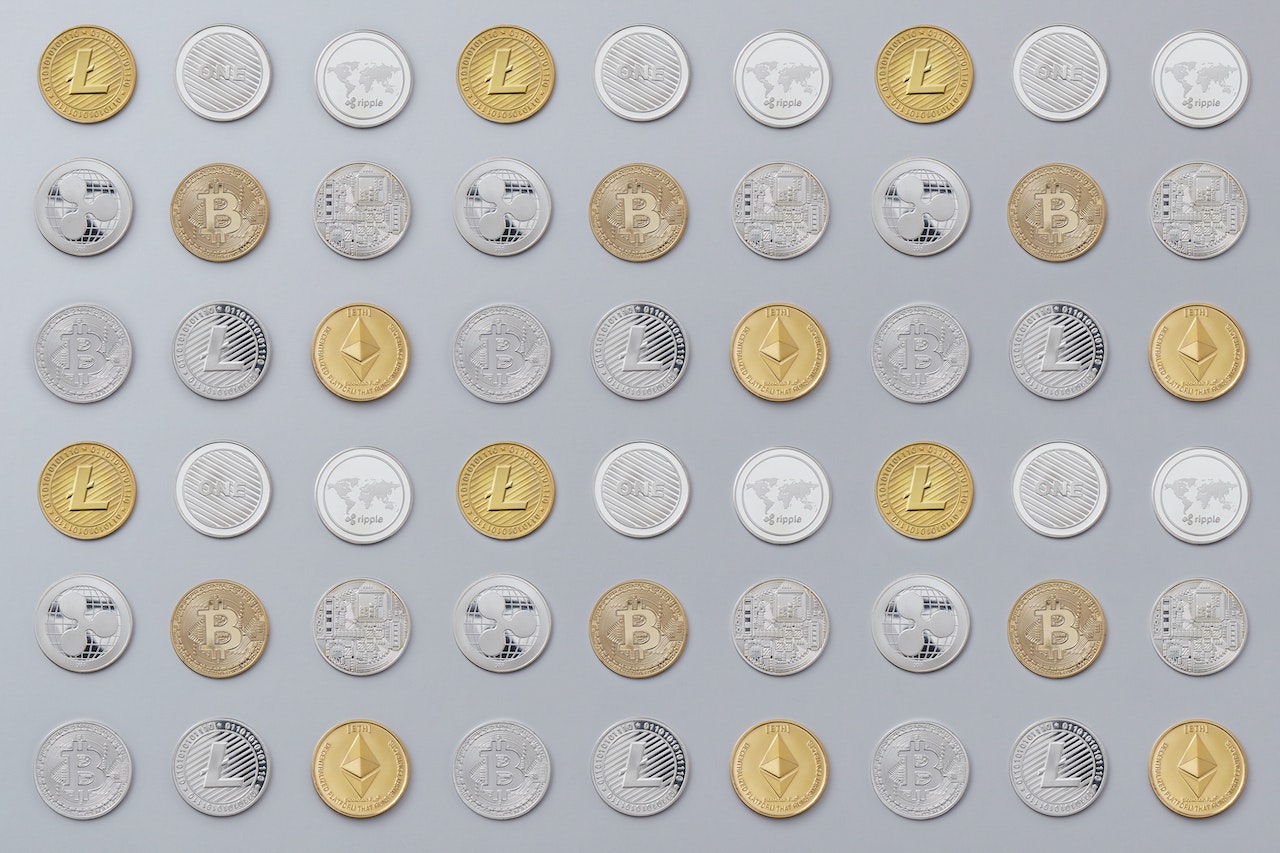In recent years, the currency world has dramatically shifted towards digitalization. With the emergence of cryptocurrencies like Bitcoin and the popularity of E-wallets, many people are beginning to wonder if traditional money will soon become obsolete. While the concept of digital currency may seem futuristic, it’s not new. In fact, digital payment methods have been around for decades. However, with the advancement of technology, digital currency is becoming more widespread and accessible. As we move towards a cashless society, it’s essential to consider the pros and cons of using digital currency. Will it eventually replace traditional money, or will we always need physical currency?
History of Digital Currency
The concept of digital currency can be traced back to the early days of the internet when people began to explore the idea of using digital tokens as a form of payment. One of the first digital currencies was E-gold, which was introduced in 1996. E-gold allowed users to purchase gold-backed digital currency, which users could use to make purchases online. However, due to security concerns and regulatory issues, E-gold was eventually shut down in 2009.
In 2008, a mysterious person or group using the pseudonym Satoshi Nakamoto introduced the world to Bitcoin, the first decentralized digital currency. Bitcoin operates on a blockchain, which is a decentralized public ledger that records all transactions on the network. This means no central authority controls Bitcoin, and transactions between users can be made directly without an intermediary.
Since the introduction of Bitcoin, thousands of other cryptocurrencies have been created, each with its own unique features and uses. Some of the most popular cryptocurrencies include Ethereum, Ripple, and Litecoin.
Types of Digital Currency – Cryptocurrencies and E-wallets
There are two main types of digital currency – cryptocurrencies and E-wallets. Cryptocurrencies are decentralized digital currencies that use cryptography to secure transactions and control the creation of new units.
On the other hand, E-wallets are digital wallets that allow users to store, send, and receive digital currencies.
Cryptocurrencies like Bitcoin and Ethereum are often used for speculative investment purposes, as their value can fluctuate significantly over short periods of time. However, they can also be used as a means of payment for goods and services. Many online retailers and businesses now accept Bitcoin as a form of payment. Some countries have even begun to explore the idea of creating their own digital currencies.
On the other hand, E-wallets are more commonly used for day-to-day transactions. E-wallets like PayPal, Venmo, and WeChat Pay allow users to send and receive money quickly and easily without needing physical cash or credit cards. Instead, E-wallets can be linked to bank accounts or credit cards, allowing users to withdraw or deposit funds as required.
Future of Digital Currency
The future of digital currency is uncertain, but it’s clear that it will continue to play a significant role in our financial future. Moreover, as technology continues to advance, digital currency will likely become even more accessible and widespread.
One potential development in the digital currency world is the rise of Central Bank Digital Currencies (CBDCs). CBDCs are digital currencies that are issued and backed by central banks. Some countries, like China and Sweden, have already begun exploring the idea of creating their own CBDCs.
Another potential development is the integration of digital currency into everyday life. As more businesses begin to accept digital currency, we will see a shift towards a cashless society, where all transactions are made using digital currency.
Conclusion: Will Digital Currency Replace Traditional Money?
While it’s unlikely that digital currency will completely replace traditional money, it’s clear that it will play a significant role in the future of our financial system. This is because digital currency offers many advantages over traditional money, such as convenience, security, and cost-effectiveness. However, there are also risks and challenges associated with digital currency, particularly in the areas of regulation and security.
As digital currency continues to evolve, it’s crucial for individuals and businesses to stay informed about the latest developments and to take steps to protect their digital assets. Of course, whether the digital currency will ultimately replace traditional money remains to be seen. Still, it’s clear that it will continue to shape the way we think about money and finance for years to come.



